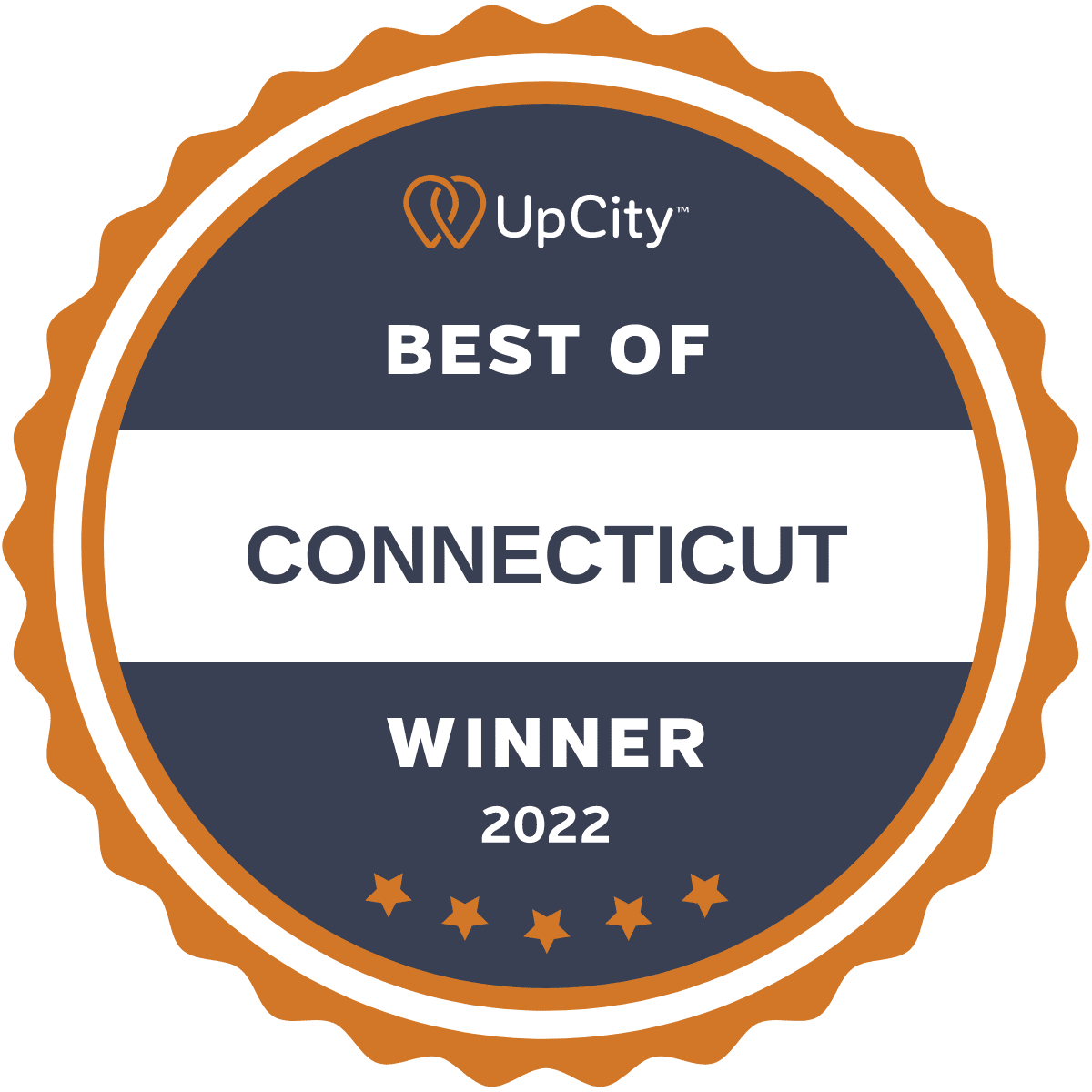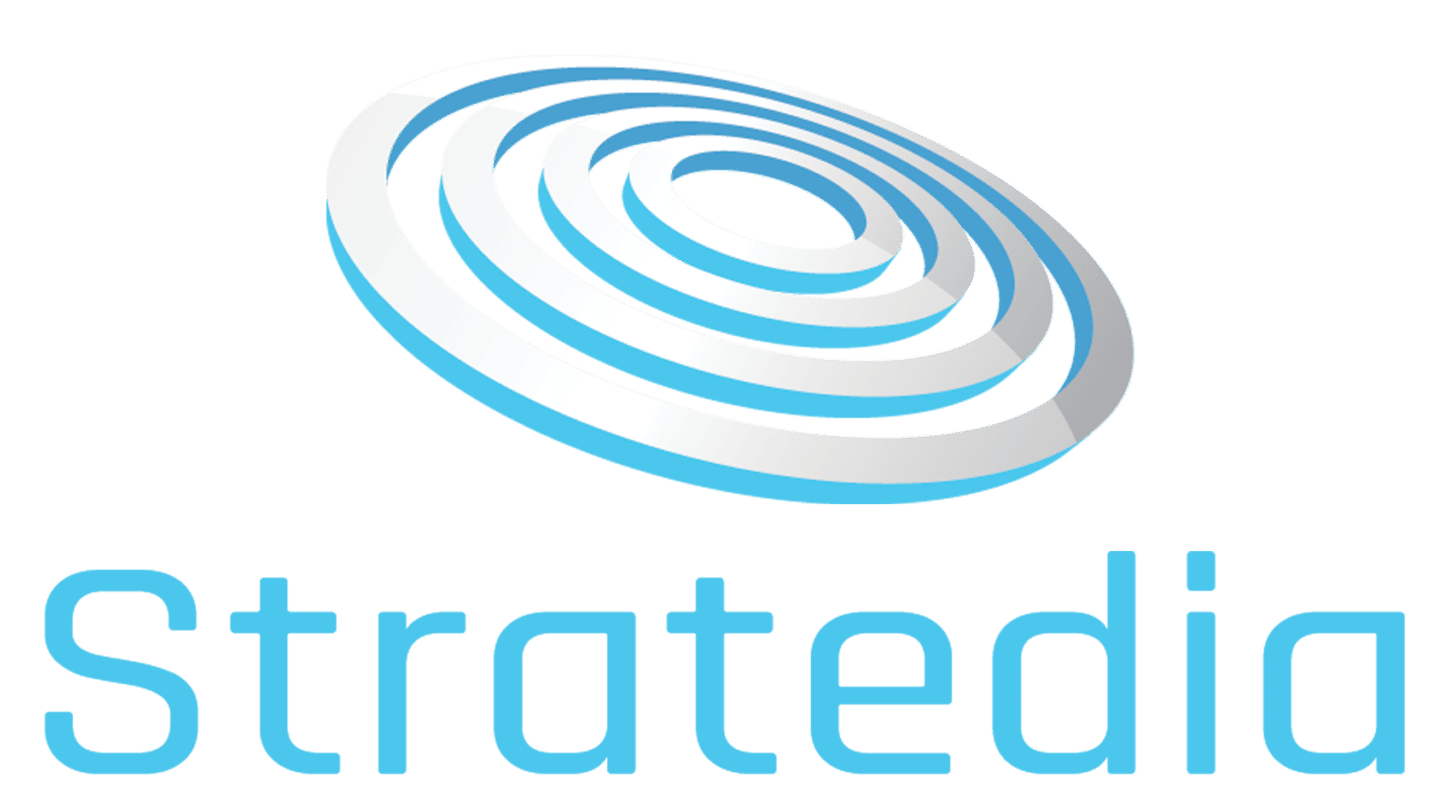4 Effective Digital Marketing Tactics for Online Education
Elevate your online school’s reach with top digital marketing strategies, including SEO, PPC, email campaigns, and social media engagement. Reach out to Stratedia for professional guidance and tailored solutions!
Online education offers unparalleled flexibility and accessibility for students seeking to further their education. To effectively reach your target audience and drive enrollment, a robust digital marketing strategy is essential.
This guide explores the importance of digital marketing in the online education landscape and outlines key strategies to attract and engage prospective students.
Understanding Digital Marketing for Online Education
Digital marketing encompasses a range of online strategies designed to promote your online school and attract potential students. Unlike traditional marketing, digital marketing allows you to target specific audiences with tailored messages, making it a more cost-effective and efficient approach.
Key digital marketing channels include search engine optimization (SEO), pay-per-click (PPC) advertising, email marketing, and social media. We’ll delve deeper into these strategies and how they can benefit your online school.
Let’s explore the benefits of digital marketing for online education in more detail.
4 Digital Marketing Strategies for Online Education
The aim of digital marketing is to drive traffic to your website, inform visitors about your offerings, and ultimately convert them into students.
The strategies we discuss can significantly influence the number of users who take these desired actions.
1. SEO
Search Engine Optimization (SEO) is essential for increasing your website’s visibility and attracting more visitors. By enhancing your site’s ranking on search engine results pages (SERPs), you make it easier for potential students to find you online.
SEO involves various techniques such as optimizing your HTML code, creating keyword-focused content, and building a robust backlink profile to establish your site’s authority.
The foundation of SEO is keyword research.
Using tools like KeywordsFX, you can identify the terms people use when searching for online education options. Focus on keywords with high search volume and low competition, and develop content around these terms.
For online education, useful keywords might include “online education in ct,” “do online courses require textbooks?,” or “online education tuition costs.”
Each page you create with targeted keywords represents an opportunity to improve your SERP ranking and engage potential students.
Concentrate on keywords that resonate with your target audience and provide detailed, relevant content.
Google aims to deliver the most valuable information to users, so prioritize creating content for your audience rather than solely for search engine algorithms.
Content can include detailed articles about starting online education, blog posts with enrollment tips, or infographics highlighting online education trends.
Ensure your content is comprehensive, with a minimum of 1,000 words, engaging images, and custom graphics to enhance page interaction.
Another crucial aspect of SEO is developing a strong backlink profile.
Backlinks are links from other reputable websites to yours. They signal to Google that your site offers valuable and trustworthy information.
Additionally, clean HTML code is vital. This means optimizing every HTML element—such as meta tags, alt tags, and title tags—to ensure Google can easily interpret your site and boost your SERP ranking.
2. PPC
Pay-Per-Click (PPC) advertising operates on a bidding model, allowing you to create ads on platforms such as Google or social media networks like Facebook.
With PPC, you can target potential students by selecting specific keywords that they frequently search for. For instance, you could design an ad to appear on Google when users search for terms like “online schools in Texas.”
Additionally, you can refine your targeting based on demographic factors such as age, location, gender, and more.
This precise targeting makes PPC highly cost-effective because your ads are only shown to individuals actively interested in online education.
One of the main advantages of PPC is that you only pay when someone clicks on your ad, not simply when it’s displayed. You set the amount you’re willing to pay per click based on the keyword, and often, a single click can lead to a sale that recoups the cost of the ad.
3. Email Marketing
Email marketing is a powerful tool for connecting with potential students who have already expressed interest in your technical school.
The first step is to build a list of subscribers, which should consist solely of individuals who have voluntarily provided their contact information. Avoid buying email lists, as this practice is considered spam and may not yield genuine interest from potential students.
By creating your own list, you ensure that you are reaching out to prospects who are genuinely interested in learning more about your school.
Your emails can feature links to your latest blog posts, details about the application process, and other calls-to-action designed to drive traffic to your website and engage prospective students.
4. Social Media
Social media platforms offer a powerful opportunity to connect with potential students and build a strong brand presence. By sharing engaging content, participating in conversations, and utilizing social advertising, you can expand your reach and attract new students.
Consistent posting, strategic content planning, and audience interaction are essential for social media success.
Stratedia is Your Go-To Digital Marketing Partner.
If you’re eager to leverage the digital marketing strategies we’ve discussed but need guidance on where to start, Stratedia is here to assist.
Our team of experts in SEO, PPC, email marketing, and social media is ready to elevate your online school’s digital presence.
Reach out to us today and discover how we can help your institution thrive online!















